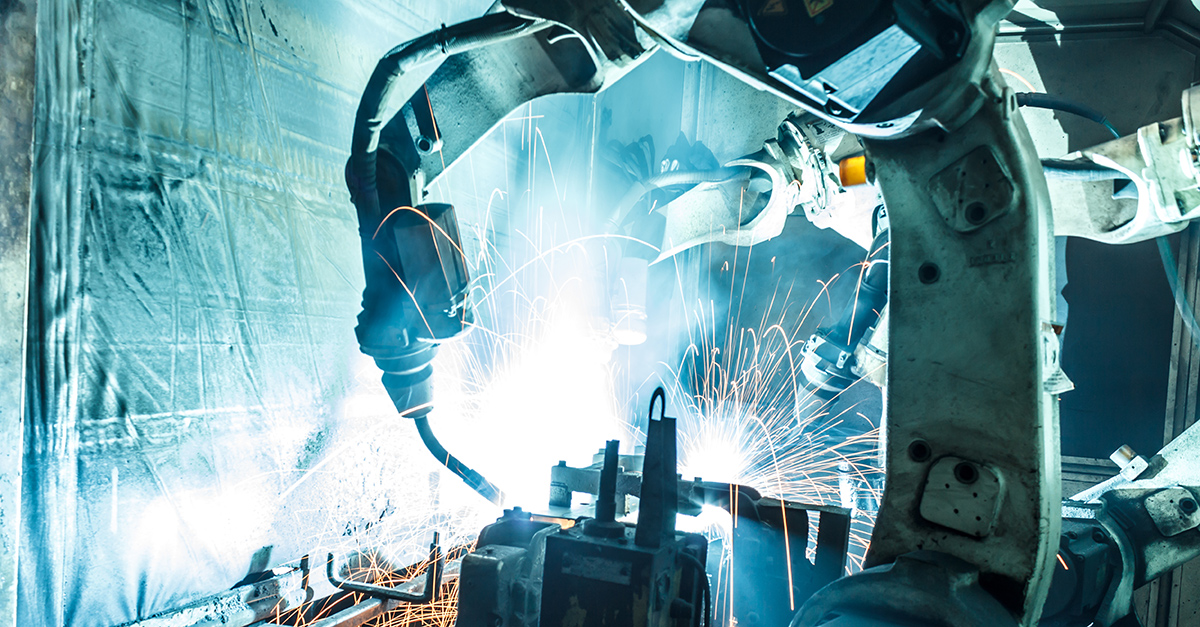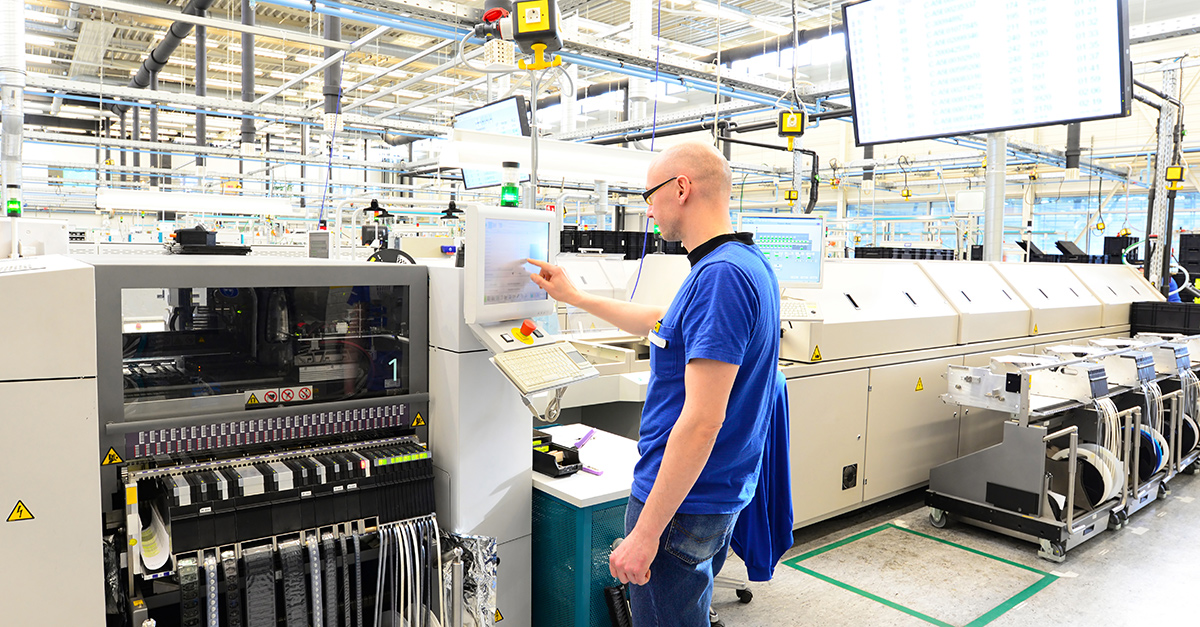Why Davos thinks science and tech are better tools for change

Innovation has the potential to uncover solutions to the world's greatest challenges and create a society that can adapt to, and absorb, future change.
And the most likely source of this innovation is science and technology, according to delegates at the World Economic Forum's Annual Meeting 2019 in Davos.
Mitsubishi Heavy Industries (MHI) Group ran a poll of business and political leaders at the event, finding that more than two-thirds believe technology and science has the power to change society for the better.
Less than a quarter of respondents thought politics had the greatest power for meaningful change. Instead, 70% believed either individuals or business leaders were most likely to be agents for change.
<JSON="davos-poll-2019">
The Globalization 4.0 challenge
The rapidly changing nature of the world today, where technology is shifting power from governments to individuals, was a common theme at this year's Davos -- as was the importance of science and technology.
Davos' main theme of Globalization 4.0 focussed on how new technologies from the Fourth Industrial Revolution are rapidly changing the way we live and work on a global scale.
Just like previous industrial revolutions, the Fourth Industrial Revolution will create a new technology-based economy that will render some existing jobs redundant, but also create new roles and industries. A World Economic Forum study predicts automation will eliminate 75 million jobs, but create 133 million new jobs.
Given the substantial disruption that such a change will cause, the optimism and trust in technology shown by those responding to the MHI poll is even more important.

"Trust is very important," said Lars Rebien Sorensen, chairman of the board of directors at Novo Nordisk Foundation, speaking at a Davos session on the future of science and technology in society.
"Some new technologies are not understood by the public. We have to convince them about the benefits to society of an individual technology."\\
Trusting technology
Public trust in the capacity of technology to address society's challenges has shown an upward trend over the last five years, according to the 2019 Edelman Trust Barometer.
The global survey of more than 33,000 respondents across 27 markets shows the tech sector is the most trusted of all industries, with an approval rating reaching 78% of survey respondents in 2019, up from 74% in 2015.
As the MHI and Edelman polls show, science and technology is being trusted more than governments and politicians to deliver solutions for the future.

To build on this trust, scientists and engineers must commit themselves to delivering solutions to the most pressing real-world challenges.
For example, our ability to meet increasing energy demand and at the same time protect the environment, depends on developing a range of technologies that work in unison. Alongside the drive to develop renewable power sources, we need to find new ways to make fossil fuels cleaner and more productive.
Scientists at Mitsubishi Hitachi Power Systems (MHPS) have successfully blended hydrogen into existing fuel sources used for power generation, resulting in a dramatic reduction of CO2 emissions without losing generating capacity.
Maintaining public trust and optimism in science will also require industry must also ensure that the shift to a technology-based economy works for all.

Companies must train their workforces to ensure they have the skills to thrive in the fourth industrial revolution. In industries such as manufacturing and engineering, this means encouraging a new breed of tech-savvy worker that blurs the old divide between blue-collar and white-collar jobs.
These "new-collar workers" will be capable of understanding and working alongside ever more complicated machines, robotics or data systems.
The aim must be for workers to manage robots rather than be replaced by them - and use their human creativity to ensure continued innovation.





